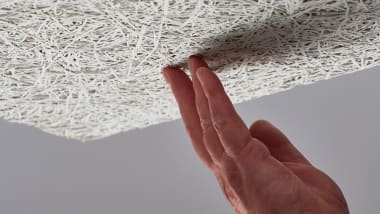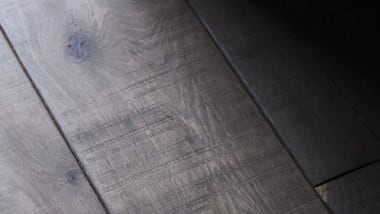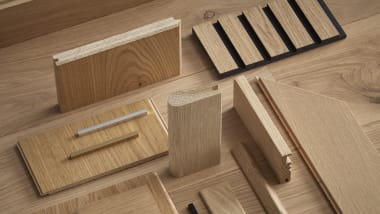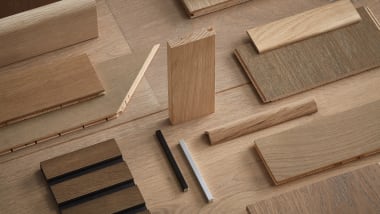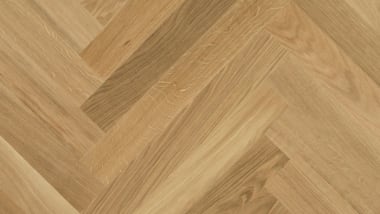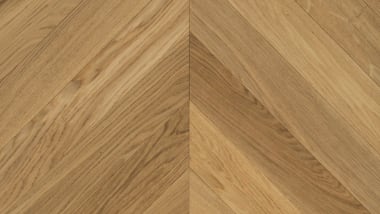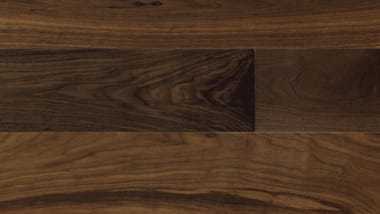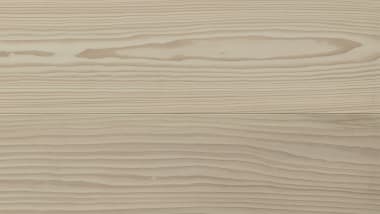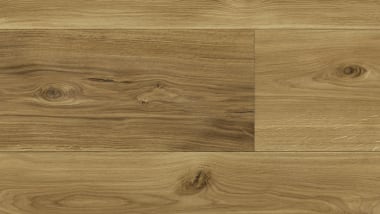Can Hardwood Floors Be Installed Over Tile?
1 Apr 2025
When you're updating your flooring, one of the most common questions homeowners ask is: can hardwood floors be installed over tile? The short answer is yes, but with the right conditions, preparation, and product choices. At Havwoods, we’re experts in engineered hardwood flooring, and we understand how important it is to choose the right approach for your space, especially when working with existing tile floors.
In this article, we’ll walk you through everything you need to know about installing hardwood over tile, including preparation, best practices, benefits, and potential pitfalls to avoid.
Understanding the Basics
Installing hardwood floors over tile may seem unconventional, but it’s a technique that’s increasingly popular in modern renovations. Many homeowners want to avoid the mess, time, and cost of removing old tile. If your existing floor is structurally sound and level, hardwood floor installation over tile is not only possible it can be a smart, efficient solution.
Engineered vs. Solid Hardwood
Before jumping in, it's crucial to distinguish between engineered and solid hardwood. Engineered hardwood over tile is almost always the better choice. It’s made from multiple layers of wood with a top layer of hardwood, offering enhanced stability and resistance to moisture. Solid hardwood, on the other hand, is more susceptible to movement and moisture, two common challenges when working with tiled subfloors.
Havwoods offers a wide range of engineered wood products specifically designed to accommodate a variety of subfloor conditions, including tile. Our Venture Plank Collection is an excellent example, featuring durable, multi-layered boards with tongue-and-groove profiles for secure installation.
When Can Hardwood Floors Be Installed Over Tile?
Not all tile floors are suitable for wood installation. To determine whether your space is a good candidate, consider the following factors:
Tile Condition
The tile must be stable and properly secured to the subfloor. Loose or cracked tiles can compromise the stability of your new wood floor. If you notice hollow-sounding tiles or visible damage, those areas should be repaired or removed before proceeding.
Floor Level
Installing hardwood over tile requires a flat, even surface. Uneven tiles can cause gaps, creaks, or damage over time. A professional installer will use a leveling compound or grind down high spots to ensure a smooth base.
Moisture Levels
Tile can trap moisture, which is a concern when adding wood on top. A moisture barrier or underlayment may be needed to prevent issues like warping or cupping. Engineered hardwood, especially from Havwoods, is designed with moisture resistance in mind, but site-specific testing is always recommended.
Height Considerations
Adding hardwood on top of tile will raise your floor level. This might impact baseboards, doors, appliances, and transitions to other rooms. Planning ahead helps avoid unexpected adjustments down the line.

How to Install Hardwood Over Tile
There are three primary methods used for hardwood floor installation over tile:
Floating Floor Installation
A floating floor doesn’t require nails or glue. Instead, the planks lock together and “float” over an underlayment. This is one of the most common methods for engineered hardwood over tile, especially when the tile is in excellent condition.
Glue-Down Installation
In this method, a strong adhesive bonds the hardwood directly to the tile. This can provide a more permanent, stable result, but it’s essential that the tile surface is thoroughly cleaned and primed to ensure the glue adheres properly.
Nail-Down Installation
This is typically not suitable for tile unless a plywood subfloor is first installed over the tile. It’s a more labor-intensive process and generally not recommended unless you're dealing with a raised floor system or extensive renovation.

Why Install Hardwood Over Tile?
There are several benefits to choosing this approach.
One of the primary reasons is that it can save time and money. Removing tile is labor-intensive, messy, and expensive. Installing directly over it reduces demolition time and lowers overall project costs.
Additionally, hardwood provides an aesthetic upgrade. Tile can feel cold or outdated. Engineered hardwood adds warmth, texture, and a refined feel to any room. With so many finishes and grains available at Havwoods, there’s a perfect match for every style from minimalist Scandinavian to bold, rustic character.
Comfort is another major advantage. Tile is hard underfoot and lacks insulation. Wood offers a softer surface and can help regulate temperature in your space, especially when paired with an underlayment that offers sound or thermal insulation.
Lastly, this method supports eco-friendly building practices. At Havwoods, sustainability is key. Our engineered hardwood flooring uses responsibly sourced wood and eco-conscious manufacturing techniques, making it a smart upgrade without unnecessary waste from demolition.
Common Mistakes to Avoid
Even though hardwood floor installation over tile is viable, certain missteps can lead to long-term issues.
One common mistake is skipping the moisture test. Always verify that the existing tile and subfloor are dry and suitable for installation. Another is ignoring leveling issues. A flat surface is crucial for longevity and comfort. Additionally, some homeowners choose the wrong underlayment or skip it altogether. The right barrier adds sound insulation, stability, and moisture protection.
Finally, attempting a complex installation without experience can lead to uneven flooring, damage, or a shortened product lifespan. If you’re not confident in your skills, consult a professional installer or reach out to Havwoods for guidance.
Ideal Spaces for Hardwood Over Tile
This method is particularly effective in areas where tile is common and comfort or design continuity is desired.
Kitchens benefit from hardwood over tile because it softens the feel underfoot and warms the aesthetic. Hallways and entryways often feature tile due to high traffic; engineered hardwood provides both durability and elegance in these spaces. Living rooms can benefit from the seamless design of a floating floor, while commercial settings such as offices or retail value the speed and convenience of this approach.
Trust the Havwoods Advantage
When you choose Havwoods, you’re not just selecting premium flooring, you’re gaining access to a team of design and installation experts. We can help you select the ideal wood tone, finish, and format for your space. Whether you’re working with a tile floor in a modern condo or a commercial space, our engineered hardwood is designed to adapt beautifully and perform reliably.
You can also explore our extensive collection of installation accessories to ensure your project is seamless from start to finish.



